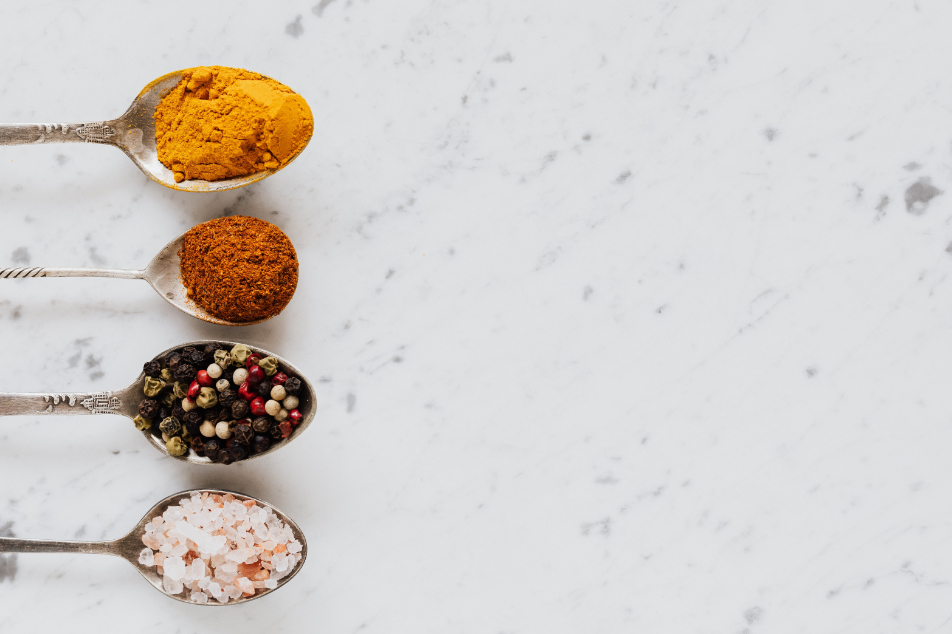
The Peppers That’ll Make Your Mouth Say “Ouch!” But Your Heart Say “Yum!”
The world’s hottest chilli pepper is the Carolina Reaper, which can measure up to 2.2 million Scoville heat units.
Chillies, also known as chili peppers, are the fruits of the Capsicum genus of plants. They are native to Central and South America, but they are now grown all over the world. Chillies come in a variety of shapes, sizes, and colors, and they range in heat from mild to extremely hot.
The heat of chillies is measured in Scoville heat units (SHU). The milder chillies, such as bell peppers, have a SHU of 0 to 100. The hottest chillies, such as the Carolina Reaper, have a SHU of over 2 million.
Chillies are a good source of vitamins A and C, and they also contain capsaicin, a compound that has been shown to have a number of health benefits, including:
- Pain relief: Capsaicin can help to relieve pain, such as arthritis pain and nerve pain.
- Weight loss: Capsaicin can help to boost metabolism and promote weight loss.
- Heart health: Capsaicin can help to lower blood pressure and cholesterol levels.
- Digestive health: Capsaicin can help to improve digestion and relieve heartburn.
- Immune system: Capsaicin can help to boost the immune system and fight against infection.
Chillies can be eaten fresh, cooked, or dried. They are a popular ingredient in many dishes, such as chili con carne, salsa, and curry. Chillies can also be used to make sauces, chutneys, and pickles.
When handling chillies, it is important to wear gloves to avoid getting the capsaicin on your skin. Capsaicin can cause a burning sensation that can last for several hours.
If you are not used to eating chillies, it is best to start with mild chillies and gradually work your way up to hotter chillies. It is also important to be aware of the health risks associated with eating too many chillies, such as heartburn, stomach upset, and diarrhea.
Overall, chillies are a healthy and flavorful food that can be enjoyed by people of all ages. However, it is important to use them in moderation and to be aware of the potential health risks.
Benefits of eating chillies
-
Capsaicin in chilli pepper fights inflammation.
-
Topical capsaicin is used in treating psoriasis and osteo-arthritis for its natural pain relief.
-
Red chilli peppers can reduce blood cholesterol, triglycerides and platelet aggregation.
-
Capsaicin can relieve congestion.
-
Rich in beta-carotene and vitamin C that fights infections.
-
Capsaicin is found to stop prostate cancer.
-
Can prevent stomach ulcers by killing the ingested bacteria.
-
Helps in losing weight.
-
Can lower the risk of type-2 diabetes. Source: http://www.whfoods.com/genpage.php?tname=foodspice&dbid=29
Interactions caused by eating chillies
-
Can interact with anti-coagulants
-
Can interact with theophylline
-
Can interact with ACE inhibitors Source: http://www.rxlist.com/capsicum-page3/supplements.htm
-
Capsaicin can interact chemically with sensory neurons and cause painful stimulations. Source: http://www.drugs-forum.com/forum/showthread.php?t=57154
-
Can inhibit non-heme iron absorption Source: http://www.drugs.com/npp/capsicum-peppers.html
-
Capsacinoids can interact with drug metabolizing system. Source: http://www.sciencedirect.com/science/article/pii/0006295283905373
-
Capsacin can interact with CYP450 enzymes. Source: http://informahealthcare.com/doi/abs/10.3109/00498254.2010.520044
-
Capsaicin exhibits chemoprotective effects against tumerogenesis. Source: http://carcin.oxfordjournals.org/content/16/10/2467.short
-
Can interact with Alcohol.
-
Can interact with androgen.
-
Can interact with antibiotics
-
Capsaicin can interact with anti-convulsants, antidepressants and MAOIs.
-
Capsaicin can interact with anti-diabetics, anti hypertensives, anti-fungals, anti-inflammatory drugs.
-
Capsaicin can interact with anti-viral, anti-neoplastic, anti-obesity and anti-ulcer drugs.
-
Can interact with caffeine, aspirin, cannabinoids, capsazepine, Immunosuppressant drugs.
-
Capsacinoids can interact with Morphine and Naloxone.
-
Can interact with tobacco.
-
Can interact with Quinine, triptans and sucralfate.
-
Can interact with resiniferatoxin, valdecoxib and vasodilators. Source: http://www.thefreshcarrot.ca/ns/DisplayMonograph.asp?StoreID=5020E137E9014BC38944489AF1F99926&DocID=basic-interactions-capsicum
Health conditions to avoid eating chillies
-
People with irritable bowel syndrome should avoid chilli. Source: http://onlinelibrary.wiley.com/doi/10.1111/j.1365-2982.2008.01167.x/full
-
People with salicylate sensitivity should avoid chilli Source: http://www.mysensitiveskincare.com/salicylate-free-diet.html#axzz37ww5AzHf
-
Should be avoided by people with GERD Source: http://www.karger.com/Article/Abstract/90323
-
Chilli can act as a trigger for people with psoriasis. Source: http://www.psoriasiscafe.org/psoriasis.htm
-
People with Crohn`s disease should avoid chilli Source: http://www.everydayhealth.com/crohns-disease-pictures/top-8-foods-to-avoid-with-crohns-disease.aspx#03
-
All these health conditions are correlated to the presence of capsaicin and hence fits all capsicum varieties. Source: http://healthhubs.hubpages.com/hub/Foods-to-avoid-for-stomach-ulcers
Photo by Glaucio Guerra: https://www.pexels.com/photo/selective-focus-photography-of-bunch-of-chilies-1132600/
NOTE: The information on this website is for educational purposes only and is not intended to replace the advice of a qualified medical professional. If you have any questions or concerns about your health, please consult a doctor. We do not endorse any specific products or treatments, and we do not claim to cure or treat any medical conditions. The information on this website is based on our own research and experience, and we cannot guarantee its accuracy or completeness. View the full disclaimer here


